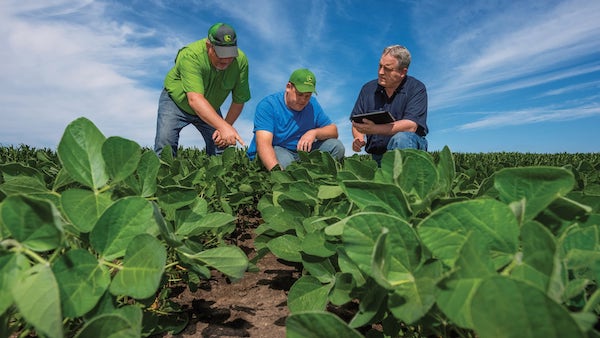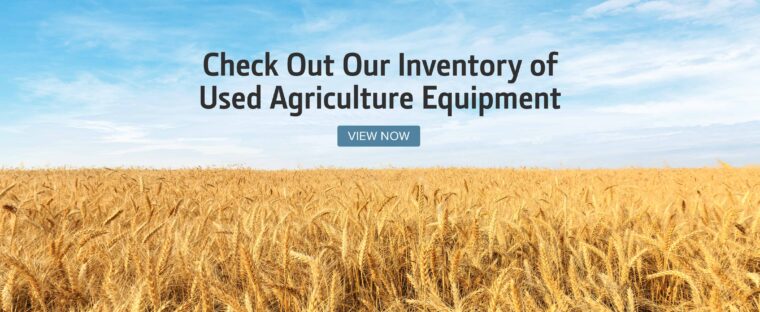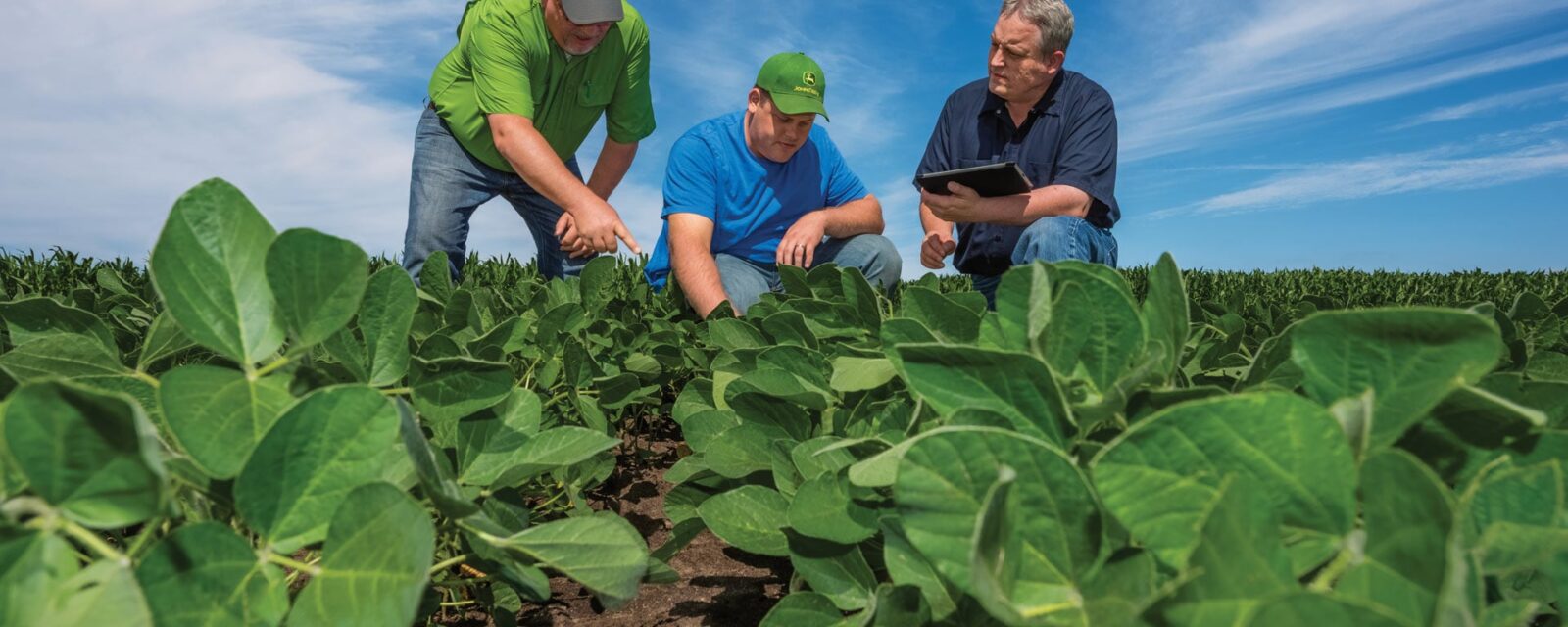Farmers everywhere know that achieving a successful harvest requires time, resources, and dedication to the land. It also requires a sense of knowledge that is only gained through experience and analysis of data from past years. By understanding which agronomic practices to implement, farmers can make well-informed decisions throughout the year that can help maximize their yields each harvest season.

What is Meant by “Agronomic Practices”?
Did you know that the success of your harvest depends on how well you integrate the findings of agronomy? By definition, agronomy is the study of how plants and soil can best be used for food, fuel, fiber, and reclamation. Ultimately, the science of agronomy combines the studies of ecology, biology, chemistry, earth science, and genetics to determine the capabilities of various types of plants and soils in their environments.

What is the Importance of Agronomy?
Agronomy provides farmers with agricultural information about how to grow and care for plants and soils in certain environments. Factors such as climate, roots, moisture, weeds, pests, fungi, and erosion can all pose significant challenges when farmers attempt to produce a plentiful harvest. In order to discover ways of integrating crops into the environment in ways that will allow them to prosper, agronomists study these agricultural hurdles.
Agronomists test soil and plant samples from all over the world to better understand how their properties and genetic make-up will interact with their surrounding environment. They then take this research to develop innovative agronomic practices and technologies designed to boost crop yields and protect against weeds and pests.
These findings give farmers across the globe crucial information and tips for not only producing crops but also for conserving our natural environment. Concerns of food and water security, air quality and climate change, soil loss and degradation, health and nutrition, and many others motivate agronomists to continually explore our agricultural resources.
In order to preserve, expand, and reclaim the use of plants and soil for food and fuel, farmers must integrate agronomic practices, backed by both scientific and personal research, when tending to their crops. By understanding the importance of agronomy in crop production, as well as the agricultural resources around us, we allow plants and soil to reach their full potential, all while we reap the benefits.
If you have any questions about John Deere agricultural equipment, you can contact your local John Deere dealer.
If you enjoyed this post or want to read others, feel free to connect with us on Facebook, Pinterest, Twitter, or Instagram!
